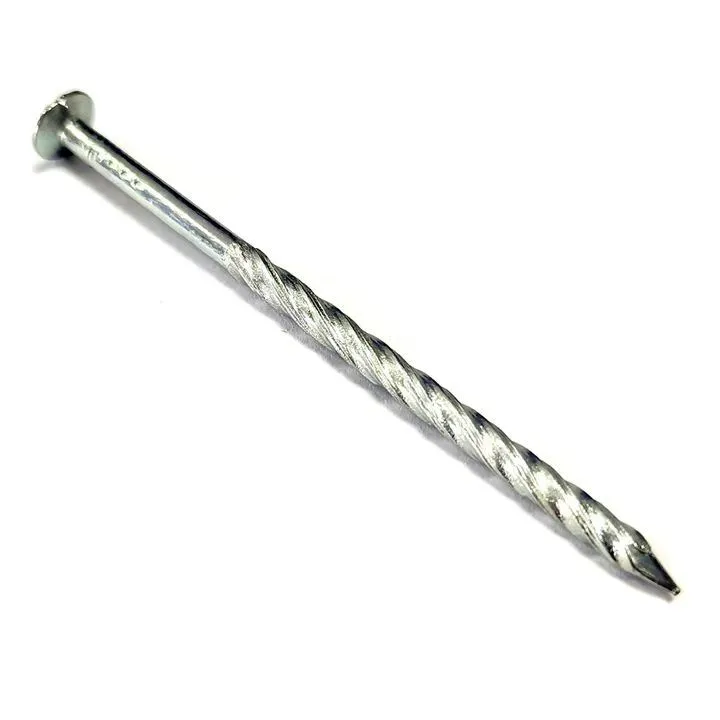Custom Barbed Wire Pricing Guide for Per Kilogram Costs and Market Trends
Understanding the Cost of Custom Barbed Wire Price Per Kg
Barbed wire has long been an essential fencing solution across various industries, offering security, safety, and privacy. Its design, which features sharp barbs at intervals along a strand of wire, makes it an effective barrier against both human intrusion and animal encroachment. However, when it comes to purchasing barbed wire, particularly custom options, understanding the pricing, especially on a per-kilogram basis, is crucial for buyers and businesses alike.
Factors Influencing Custom Barbed Wire Prices
The price of custom barbed wire can vary significantly based on several factors
1. Material Composition The type of metal used in the wire affects the overall cost. Galvanized steel is the most common, providing good corrosion resistance, whereas stainless steel options, while more durable, typically come with a higher price tag. Additionally, coated wires, which provide added resistance against weather and rust, may also increase costs.
2. Wire Gauge and Thickness The gauge of the wire can dramatically affect its strength and durability. Heavier gauge wires (thicker) are more expensive but offer better security and longevity compared to lighter gauge options. Buyers need to assess their specific needs in terms of security versus cost.
3. Custom Designs The term custom suggests that the barbed wire may not only differ in material but also in design. Buyers may seek specific barbed spacing, lengths, or additional features like integrated fencing systems. Customization always incurs additional costs, reflected in the price per kilogram.
custom barbed wire price per kg

4. Quantity Ordered Bulk purchases typically come with discounts. The price per kilogram tends to decrease as the volume ordered increases. This is particularly important for businesses looking to fence large areas and may influence the strategy of individual buyers.
5. Supplier Location and Shipping Costs Prices can vary regionally due to local market conditions or supply chain costs. Transportation costs also play a vital role; barbed wire is heavy, and shipping it over long distances can significantly enhance overall expenditure.
6. Market Demand and Supply Conditions The overall market for raw materials, trends in construction, and agricultural needs can influence barbed wire prices. Economic fluctuations can lead to price spikes, particularly when demand surges or when there are disruptions in the supply chain.
Calculating the Price Per Kg
To understand how the price per kilogram works, consider this example if a supplier offers custom barbed wire at $2.50 per kilogram, and a customer wants to purchase 500 kg, the total cost would be $1,250. However, if the same supplier provides a discount for bulk orders and lowers the price to $2.00 per kilogram for orders above 1,000 kg, the customer might save significantly by planning their purchases strategically.
Conclusion
In conclusion, understanding the price per kilogram of custom barbed wire involves considering multiple factors that affect costs. Buyers should assess their requirements, consider the type of material, gauge, custom features, and the implications of ordering in bulk. By doing so, they can make informed decisions that ensure they receive the best value for their investment in security solutions. Whether for agricultural use, construction sites, or security fencing, custom barbed wire remains a crucial element of safeguarding property, and knowing its cost implications is fundamental for all stakeholders.
-
The Ultimate Guide to Premium Quality Field Fence Solutions
NewsAug.12,2025
-
The Essential Guide to Premium Square Wire Mesh Solutions
NewsAug.12,2025
-
The Essential Guide to Hexagonal Wire Netting Farm Fencing
NewsAug.12,2025
-
Premium Continuous Deck Rail Slab Bolster Solutions
NewsAug.12,2025
-
High-Performance Aluminum Tie Wire Reel for Construction Applications
NewsAug.12,2025
-
Crafted Premium Galvanized Hexagonal Gabion Wire Mesh Solutions
NewsAug.12,2025














